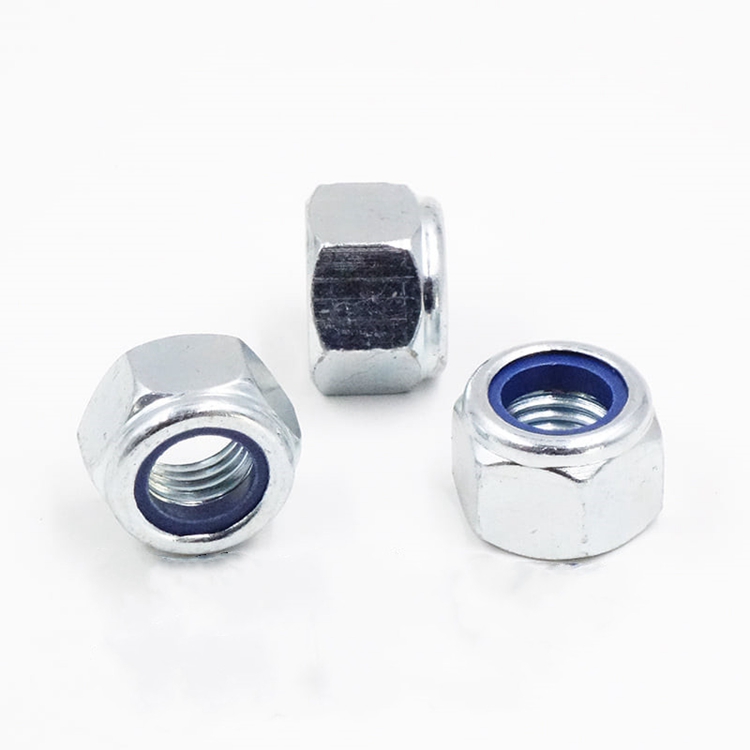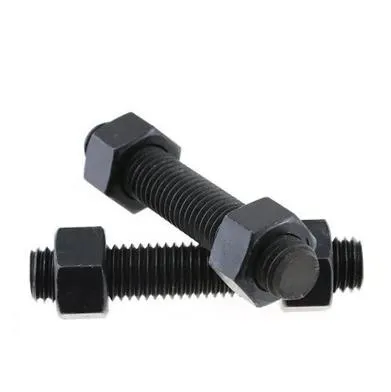12 inch lag bolts companies
កុម្ភៈ . 13, 2025 02:31 Back to list
12 inch lag bolts companies
Tapered bolts, a pivotal component in engineering and construction, have become a staple for professionals seeking durable and reliable fastening solutions. These bolts are uniquely designed with a conical shape, offering distinct advantages over traditional straight bolts. This article delves into the multifaceted benefits, applications, and selection criteria for tapered bolts, drawing from firsthand expertise and authoritative industry insights.
The expertise involved in manufacturing these components balances precision engineering with cutting-edge technology. Modern manufacturing processes, including CNC machining and forging, ensure that each tapered bolt meets exacting industry standards. Quality assurance checks are stringent, involving ultrasonic testing and 3D modeling to ensure no deviations in design and adherence to tolerance levels that can affect performance. This meticulous production process underlines the reliability and trustworthiness of tapered bolts. Industry experts recommend prioritizing the correct specification of tapered bolts for projects. Engineers must account for the load requirements, environmental factors, and material compatibility to achieve the best results. Tools like finite element analysis (FEA) allow for virtual testing of these components under simulated conditions, helping in preemptively identifying potential stress points and mitigating risks associated with bolt failure. Furthermore, installation techniques play a significant role in the performance of tapered bolts. Proper torque application is crucial as over or under-tightening can lead to premature failure. Training workers in correct installation procedures and the use of torque wrenches calibrated for tapered bolts can prevent such occurrences, ensuring the structural elements they bind remain dependable. In conclusion, tapered bolts represent a confluence of engineering ingenuity and manufacturing prowess. Their role in ensuring the safety and durability of mechanical assemblies and structures is irrefutable, as is their potential to provide innovative solutions to complex engineering challenges. Bolstering projects with the unmatched stability of tapered bolts not only enhances performance but also prolongs the life of the structures they support, making them an essential part of any engineer's toolkit. As industries continue to demand more advanced and reliable fastening systems, tapered bolts remain at the forefront, backed by their proven track record and continued advancements in material sciences and manufacturing techniques.


The expertise involved in manufacturing these components balances precision engineering with cutting-edge technology. Modern manufacturing processes, including CNC machining and forging, ensure that each tapered bolt meets exacting industry standards. Quality assurance checks are stringent, involving ultrasonic testing and 3D modeling to ensure no deviations in design and adherence to tolerance levels that can affect performance. This meticulous production process underlines the reliability and trustworthiness of tapered bolts. Industry experts recommend prioritizing the correct specification of tapered bolts for projects. Engineers must account for the load requirements, environmental factors, and material compatibility to achieve the best results. Tools like finite element analysis (FEA) allow for virtual testing of these components under simulated conditions, helping in preemptively identifying potential stress points and mitigating risks associated with bolt failure. Furthermore, installation techniques play a significant role in the performance of tapered bolts. Proper torque application is crucial as over or under-tightening can lead to premature failure. Training workers in correct installation procedures and the use of torque wrenches calibrated for tapered bolts can prevent such occurrences, ensuring the structural elements they bind remain dependable. In conclusion, tapered bolts represent a confluence of engineering ingenuity and manufacturing prowess. Their role in ensuring the safety and durability of mechanical assemblies and structures is irrefutable, as is their potential to provide innovative solutions to complex engineering challenges. Bolstering projects with the unmatched stability of tapered bolts not only enhances performance but also prolongs the life of the structures they support, making them an essential part of any engineer's toolkit. As industries continue to demand more advanced and reliable fastening systems, tapered bolts remain at the forefront, backed by their proven track record and continued advancements in material sciences and manufacturing techniques.
Latest news
-
Premium Wire Bolts Suppliers | High-Quality Bolts
NewsAug.05,2025
-
Trusted Wire Bolts Suppliers - Durable & Reliable Solutions
NewsAug.04,2025
-
Wire Bolts Company | Premium Industrial Fasteners
NewsAug.03,2025
-
Top Wire Bolts Suppliers | AI-Optimized Fast Delivery
NewsAug.02,2025
-
Top Metric Wood Screw Companies | Durable & Reliable
NewsAug.01,2025
-
Premium Lawn Mower Handle Bolts Supplier | Fast Delivery
NewsJul.31,2025
